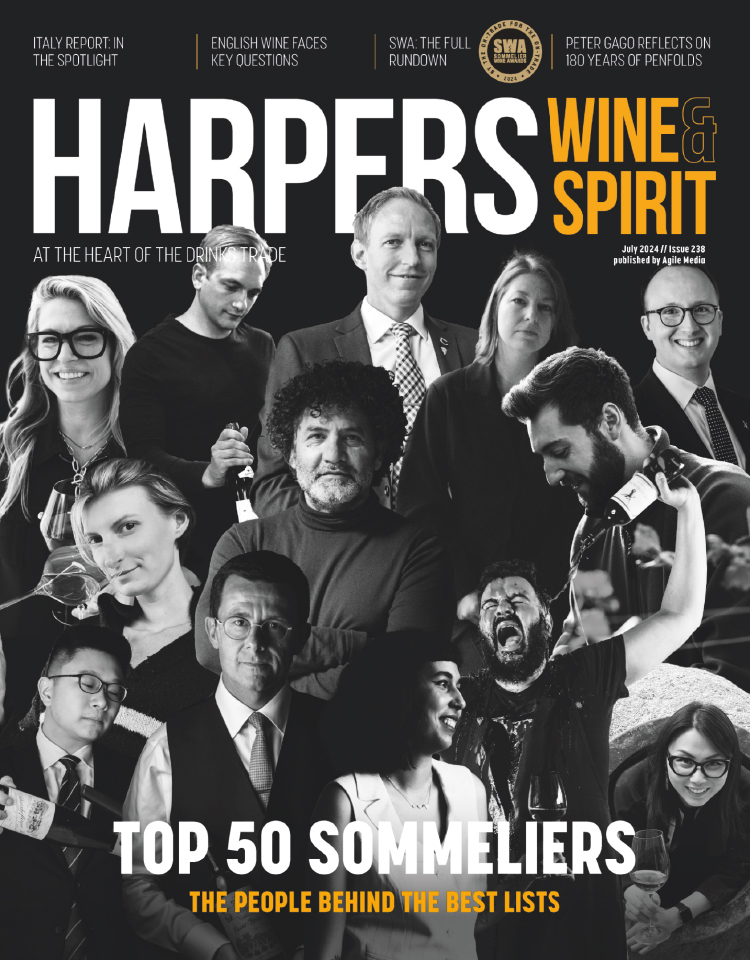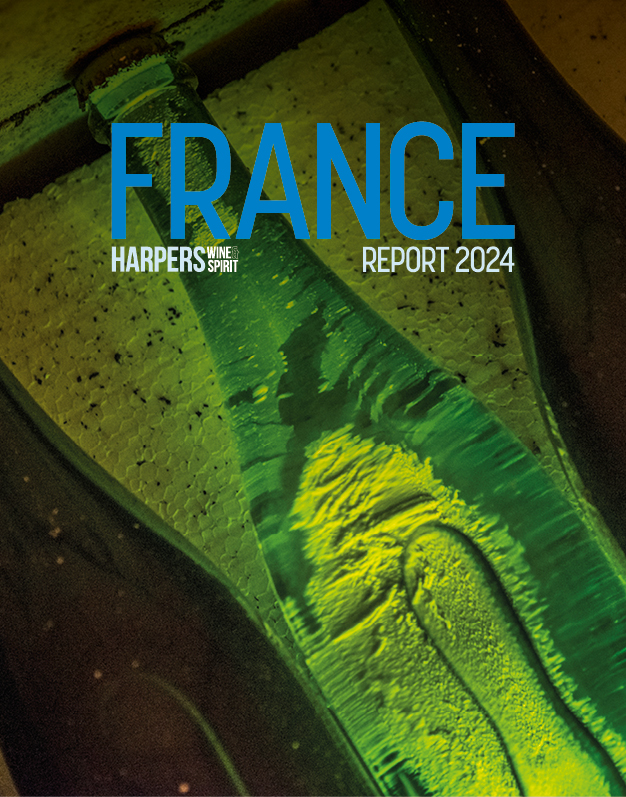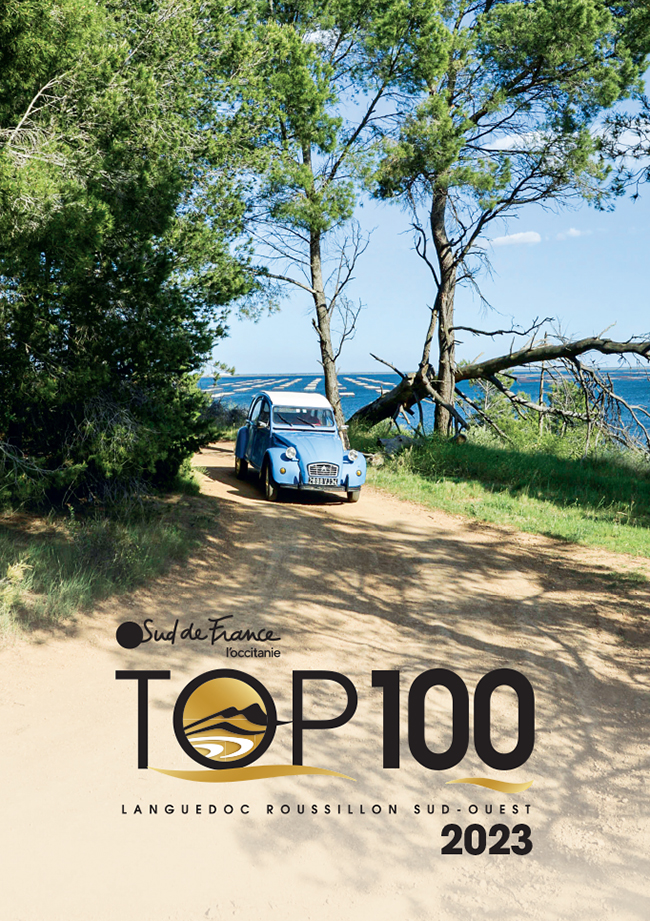
Long Read: Does sustainability sell? The new factors driving purchaser decision-making
Drawing on data from a recent survey of over 500 wine and spirits drinkers, Callum Saunders, head of planning at brand activation marketing agency Zeal Creative, shows how that focus on sustainability is increasing, not decreasing, as a result of the pressures of Covid.
The issue of sustainability is a topic deserving of attention. It’s complex and varied, and understanding its nuances will be critical to our understanding of what’s driving the purchase decisions of wine and spirits drinkers as we move towards a more sustainable future.
All of which is why Zeal Creative recently ran a survey with 502 wine and spirits drinkers, which found that a quarter of all drinkers (24.9%) claimed that they had brought a wine or spirits brand due to positive sustainability credentials.
Furthermore, drinkers are increasingly shifting their focus. When asked about future purchases in these categories, 45% claimed that they were already making, or planning to explore more sustainable purchase choices in the future.
In light of the data, an increased focus on sustainability seems a shrewd strategic move for wine and spirits brands, especially given the need to continually recruit the next generation of purchasers in these categories.
But sustainability is a broad and complex issue. Ensuring that we understand how to marry the needs of people ‘as drinkers’ and ‘as purchasers’ in both the on- and off-trade, will help us to ensure that we broach this critical topic in the most effective way.
Purchase decision hierarchies and the ‘values-action gap’
It’s important to understand that even for the most ardent and engaged ‘eco’ consumers, sustainability is not an isolated purchase driver in itself. It’s essential that core purchase drivers are not lost at the expense of a focus on sustainability claims.
In our survey, we asked drinkers to rank different purchase drivers when buying a bottle of wine. Perhaps unsurprisingly, taste came first, followed by price. Brand and then occasion were ranked in third and fourth place respectively, only then followed by sustainability in fifth.
This is where the critical ‘values-action gap’ comes into play. Perhaps counter-intuitively, our values as consumers and drinkers do not automatically translate into shopper or purchaser behaviour. When buying wines and spirits, sustainability is becoming an increasingly important ‘reason to believe’. But in reality, other factors still take precedence.
This is likely to change in the future. Sustainability is not enough to determine purchase (at scale) on its own yet. However, the risk of not having credentials in this space could soon tip the balance in terms of what the consumer is willing to accept.
What’s in it for the purchaser?
To ‘activate’ sustainability proactively and gain first-mover advantage in drinks categories, we need to think about what’s in it for the purchaser. ‘I gain, the planet gains’ is by no means the most altruistic mindset, but it is proven to motivate shoppers.
Changing consumer behaviour is challenging and change won’t come overnight. Providing tangible incentives to encourage drinkers to ‘purchase with purpose’ however, will ensure that sustainability becomes more participatory and appealing.
Seedlip is launching a new gift set packed in mushroom-based, compostable packaging. Available in the brand’s sustainable online gifting shop from October, this provides shoppers with eco-friendly, recyclable material that can be used in the garden – a great way to make sustainability feel more ‘tangible’ to the consumer.
Similarly, Diageo’s Johnnie Walker is due to introduce new paper-based bottles in the spring. These types of initiatives not only talk the talk, but walk the walk. Tactile, physical innovations help shoppers to feel their purchase makes a direct and tangible impact.
Sustainability as an enabler: Your customer stakeholders
Relevant in managed pubs and across operators, but perhaps especially so in grocery off-trade, sustainability is a key focus for trade customers under pressure to make their own operations more sustainable.
Sustainability credentials will become increasingly important when it comes to listing decisions, as well as assuring customers that our brands can engage more environmentally conscious drinkers.
The recent news that Accolade Wines Europe has achieved carbon neutrality for its core portfolio including brands such as Echo Falls, Hardys and Banrock Station, will help trade customers to ‘buy into better’ more easily and across a number of key brands.
Communicating sustainability on-pack
Communicating such a complex issue on pack can be challenging. Simply providing data about a pack’s carbon emissions is not enough to inform or encourage purchase. Without giving consumers context, labels such as “sustainable” and “low carbon” can feel empty. Innovative use of technology including ‘living bottles’ (19 Crimes) offer a richer, more immersive brand experience. With QR codes now readable through your mobile’s native camera application, it is possible to bring sustainability to life on pack, providing consumers with a more meaningful message at the point of purchase.
A shift to more discerning drinking has been in effect for some time now, and sustainability credentials are starting to weave their way into that decision-making process. For those of us managing wine and spirits brands, this new landscape can seem vast and confusing, especially when it comes to understanding what we should be doing, versus what can actually build our brands or drive incremental commercial growth.
At a time when brands across multiple categories are all looking to activate sustainability, it’s vital to note that this is not simply a case of ‘flicking on a switch’. Sustainability is increasingly important to drinkers, but understanding how this aligns with other key purchase drivers will be critical to navigating a sustainable growth plan for your brands in 2021 and beyond.
Callum Saunders is head of planning at Zeal Creative, a brand activation marketing agency. Zeal has worked on campaigns for Nestlé, Kelloggs, Pringles, McCain, Arla, Warburtons, Rubicon and is currently going with several drinks brands on upcoming campaigns.
Keywords:
- wine
- Spirits
- brand
- sustainable
- brands
- Sustainability
- drinkers
- focus
- QR
- purchase
- zeal
- purchase drivers
- zeal creative
- increasingly important
- spirits drinkers
- sustainability credentials
- marketing agency zeal
- brand activation marketing
- activation marketing agency
- sustainable sustainability credentials
- environmentally conscious drinkers







